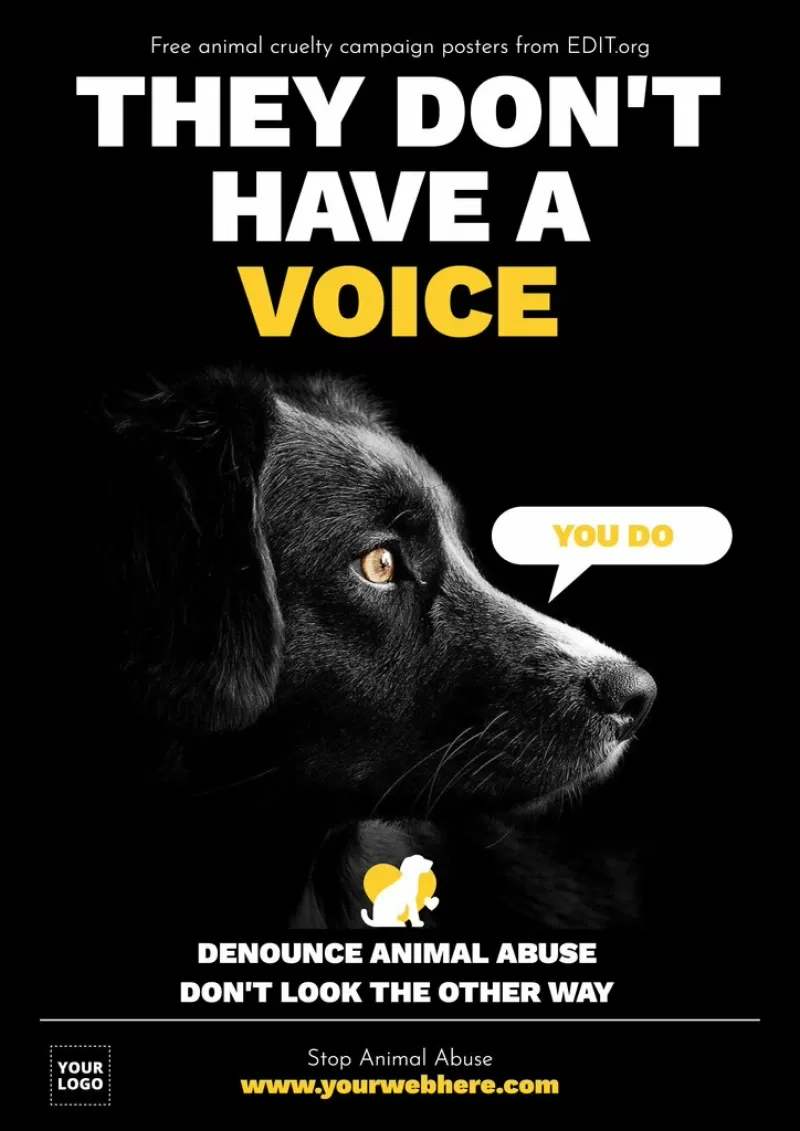In a world bursting with digital narratives and vivid imagery, the issue of animal cruelty has become a pressing conversation. The question stands: Are you genuinely against animal cruelty, or is your stance marred by a benign indifference? This question calls for introspection, a moment where each of us must examine the depths of our beliefs and actions. Understanding the intricate nuances surrounding animal suffering requires a shift in perspective, urging us to scrutinize our attitudes towards non-human beings. It challenges our perceptions and stirs our compassion, beckoning us to incite tangible change.
The phenomenon of animal cruelty encompasses a spectrum that stretches far beyond the horrifying acts often depicted in sensational media. It involves systemic issues such as factory farming, habitat destruction, and the uninhibited exploitation of wildlife. However, each of these areas fosters an alarming reality—one that merely perpetuates suffering without our overt awareness. The blood-stained industries thrive because of our consumption patterns and disinterest. This disconnect begs the question: do humans necessitate a proprietary bond with animals to cultivate empathy, or can awareness alone furnish a robust advocacy?
To grasp the weight of animal cruelty, one must delve into the psychology that surrounds it. In many cultures, animals are relegated to the periphery of societal consideration. The ingrained belief that non-human beings exist merely for human use fosters a desensitization that is alarming. Imagine witnessing an animal being mistreated; how would you respond? In that moment, would empathy prevail, or would apathy more comfortably envelop you? This introspection unveils a chasm between our ideals and our actions. If you consider yourself an animal lover, yet turn a blind eye to the realities of their plight, a reevaluation of your beliefs may be necessary.
Consequently, it becomes paramount to highlight what systemic indifference looks like. Many individuals claim to oppose cruelty, yet participate in activities and lifestyles that perpetuate it. For instance, the consumption of animal products directly correlates with the fate of billions of sentient beings subjected to inconceivable conditions. Engaging with societal norms while claiming ethical awareness creates an incongruity that not only undermines one’s moral stance but also perpetuates the very systems of oppression that one aims to combat. Thus, as we ponder our individual contributions, do we dare acknowledge the implicit support of cruelty?
Furthermore, it is necessary to recognize how societal conditioning contributes to our apathy. The normalization of animal mistreatment through cultural narratives—be it in media portrayals or culinary traditions—creates an environment where cruelty becomes an accepted norm. How often do we find ourselves laughing at jokes that belittle animal suffering or consuming anecdotes that trivialize their pain? As such narratives proliferate, the desensitization extends beyond individual awareness, engendering a collective indifference that can be palpably felt in the lack of robust discourse surrounding the welfare of non-human beings.
To foster a paradigm shift, self-reflection and conscious engagement are pivotal. So, how does one begin to engage intimately with the subject of animal cruelty? First, commitment to education is crucial. Investigate the realities of animal farming, wildlife trafficking, and the effects of habitat destruction. Immerse yourself in the disturbing truths that countless organizations reveal. Knowledge is power, and with a comprehensive understanding comes the ability to incite change.
Moreover, lead by example. Consider modifying your lifestyle choices, eschewing products that contribute to suffering and embracing alternatives that promote compassion. Whether adopting a plant-based diet, supporting ethical brands, or advocating for legislative reform, each action reverberates within the wider community. Authentic advocacy requires a heartfelt investment, a willingness to transform understanding into practice. After all, the journey towards compassion doesn’t forfeit our everyday conveniences; it repurposes them into opportunities for holistic living.
As you meticulously scrutinize your interactions with the animal world, it may be vital to enter conversations, be they contentious or enlightening. Engaging with others who are indifferent or unaware requires patience, but can catalyze change. Challenge the prevailing narratives that commodify life and elevate discussions around ethical treatment. Facilitate dialogues that inspire critical thinking, urging others to question their roles and responsibilities. Delve into the essence of empathy, urging individuals to recognize the sentience and intrinsic value of all beings.
Ultimately, overcoming indifference to animal cruelty predicates on cultivating an empathetic existence. It involves reevaluating our relationships—not only with animals but also with one another and our environment. When we embrace a collective consciousness that respects and uplifts all forms of life, we dismantle the barriers that allow suffering to persist. The commitment to abolish cruelty must resonate with every action we take, serving as an embodiment of our true convictions.
In conclusion, are you against animal cruelty or simply indifferent? Reflect on this dichotomy. The time for deep introspection has arrived. By embracing awareness, engaging in dialogue, and making conscientious choices, we can nurture a holistic transformation. The journey begins within, and it extends to every corner of our interconnected world. Each moment counts—will you stand in solidarity with those who cannot speak for themselves and become a voice for the voiceless? The animals’ plight calls for resolute action, beckoning you to awaken from indifference and embark on a path toward advocacy and change.








